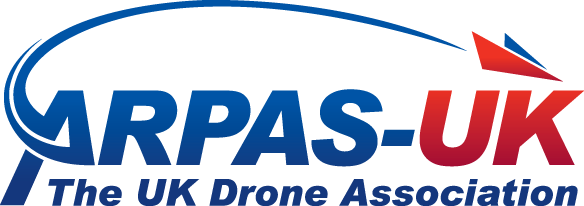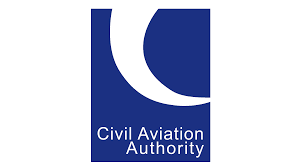The Civil Aviation Authority (CAA) has announced the issuance of CAP2555, providing comprehensive guidance on the carriage of dangerous goods (DG) for UAS/RPAS Operations in the Specific Category. The document was published on 27th July 2023.
This document has been developed to ensure the safe transport of dangerous goods when operating Unmanned Aircraft Systems (UAS) or Remotely Piloted Aircraft Systems (RPAS). It is applicable to RPAS operators in the Specific Category, both those with approval to carry DG and those without approval.
As part of the initiative, the CAA has made available two Manual Templates on its website:
- New Operations Manual Template for RPAS Operators with Approval to carry DG.
- New Operations Manual Template for RPAS Operators without Approval to carry DG.
These templates have been designed to facilitate streamlined procedures, adherence to safety standards, and promotion of responsible drone operations.
Operators of RPAS in the UK should note that the Application for Approval to Transport Dangerous Goods by Air (SRG2807) now extends to include RPAS operators. As such, all RPAS operators must comply with the guidelines outlined in CAP2555 during their operations.
It is important to highlight that the guidance material aligns with UK law, and any references to EU regulations or websites in this document are not applicable after the UK-EU transition.
Drone operators are encouraged to download the CAP2555 document in PDF format from the CAA website.
The CAA urges all RPAS operators to prioritise safety and responsibility while conducting operations. CAP2555 and the accompanying manual templates serve as invaluable resources to ensure the meticulous handling and transportation of dangerous goods in the drone industry.
Read more on the CAA website here.
Let us collectively endeavour to maintain the safety of the skies for the benefit of all and foster responsible drone operations.
Mohammed Hasan


